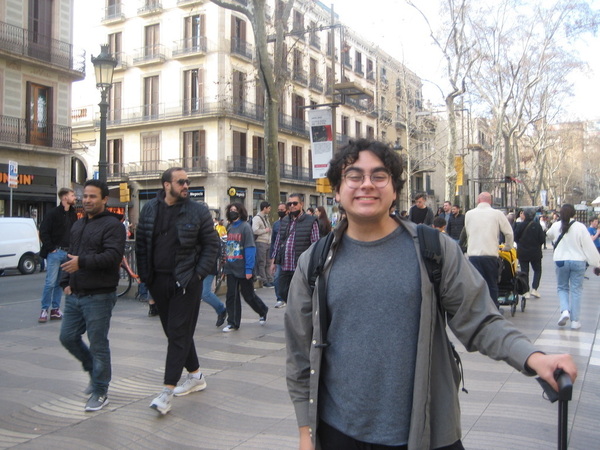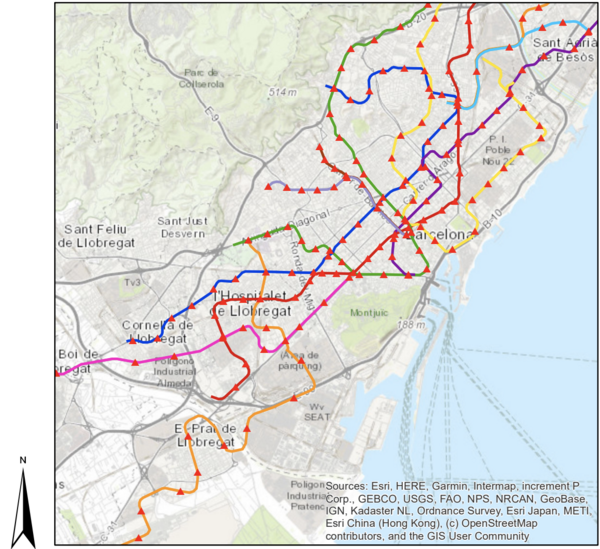
I have a passion for public transportation, even in the modest midwestern city of South Bend, where transit options are limited. Despite the city's light public transit infrastructure, I've committed the Transpo schedule to memory. Known on campus for rallying my friends onto bus number seven, we regularly embark on excursions to the mall, coffee shops, and Mexican restaurants. While my personal interest lies in public transportation, my professional aspirations are firmly rooted in healthcare. My goal is to become a primary care physician, aligned with the World Health Organization's holistic definition of health. Notre Dame supports my vocation, providing me with rigorous and fulfilling preparation before I enter the medical field with the hopes of being a force for good.
My Notre Dame education has taught me that healthcare is a sociological institution, recognizing the social forces that hinder certain populations, particularly those at the margins, from accessing quality healthcare. Additionally, as a science-computing major, I am eager to apply quantitative analysis to qualitative issues, leveraging geographic information system (GIS) technology to represent a community's experiences, narratives, and challenges in code and maps. Collaborating with the Nanovic Institute for European Studies and the Center for Civic Innovation, I found a way to merge my passions for healthcare, transportation, and computational modeling into a research project here at Notre Dame. Through the Nanovic Institute, I was awarded an independent research grant to Barcelona over Spring Break in 2022 to study healthcare access via the metro rail system. While researchers have explored this connection across the U.S., my focus extends to Barcelona, a city with a universal healthcare system and a strong public transportation network. With Notre Dame’s support, I aimed to understand how well Barcelona's transit system serves the healthcare needs of its low socioeconomic status populations.

Before my field research in Spain, I collaborated with the Navari Family Center for Digital Scholarship, conducting a spatial analysis of Barcelona's healthcare facilities using GIS software. I created a model identifying facilities within a low-income region and walkable distance from train stations. This model provided a sampling frame for ethnographic research in Barcelona, exploring whether physical access is a barrier to healthcare for lower-income residents. While I had no prior experience with GIS technology and spatial data analysis, the staff at the Navari Family Center for Digital Scholarship assisted me with each and every question I had.
During my week in Barcelona, I exclusively used the metro, gaining insight into the diverse population it serves. Riding alongside teachers, doctors, workers, and even FC Barcelona fans, I observed the cutting-edge transit technology accessible to all. Interviews with patients at clinics meeting my criteria revealed personal stories, such as a man with a leg amputation due to diabetes, relying on the metro for vital healthcare appointments. These experiences confirmed the importance of conversations with the community to understand their needs. Through these experiences and academic engagement, I am grateful for the invaluable support of the Nanovic Institute and Notre Dame as I pursue my path as an aspiring physician.